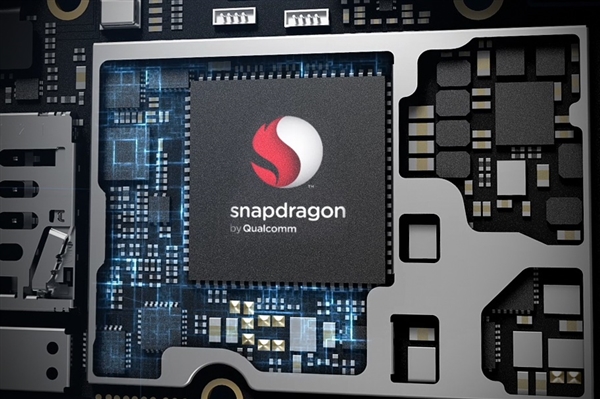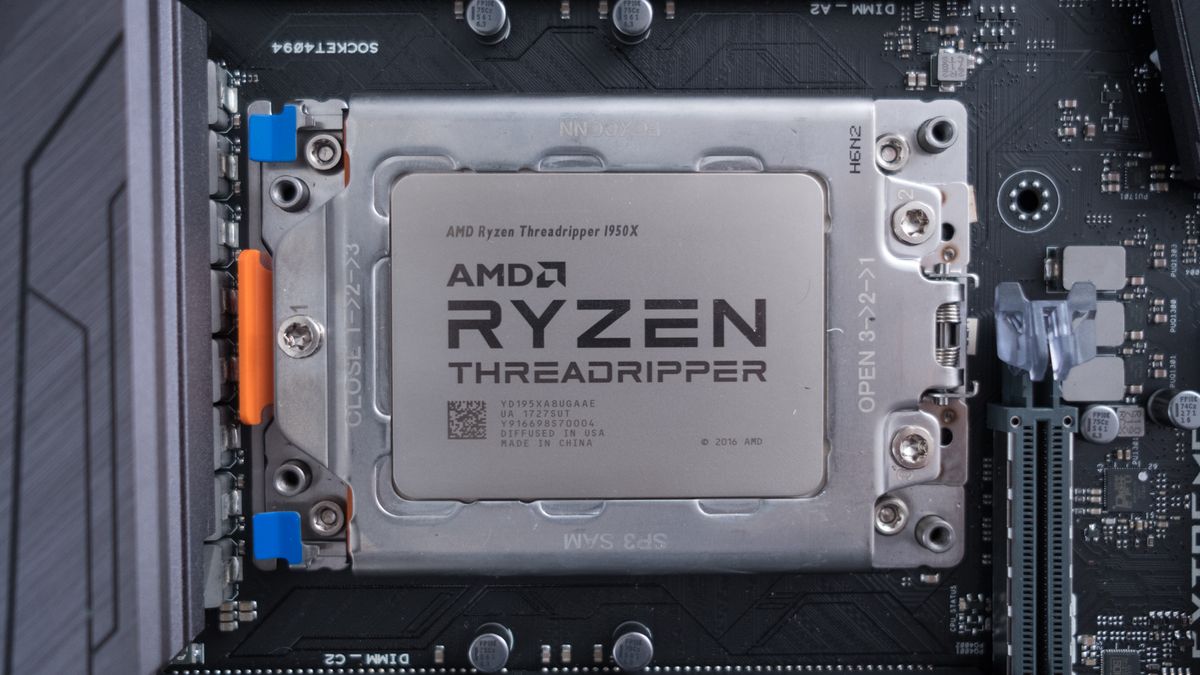NEWS 》 Weekly News Digest - Week 7 - February 2018
First Linux-Based RISC-V Board Prepares for Take-Off
It’s been two years since the open source RISC-V architecture emerged from computer labs at UC Berkeley and elsewhere and began appearing in soft-core
implementations designed for FPGAs, and over a year since the first commercial silicon arrived. So far, the focus has primarily been on MCU-like processors,
but last October, SiFive announced the first Linux-driven RISC-V SoC with its quad-core, 64-bit Freedom U540 (AKA U54-MC Coreplex). A few days ago at FOSDEM,
SiFive opened pre-sales for an open source HiFive Unleashed SBC that showcases the U540...
Read More

Videos :: Linux Kernel - Containers and Namespaces
New The Linux Channel video episode...
Read More

Full Specs Of Snapdragon 670 Appears Online
Qualcomm chips are undoubtedly the most preferred chipset for many Android users and there is always a look-out for its flagship, mid-range and low-end chips. With the launch of
Snapdragon 845 flagship processor in December 2017, all eyes turned to the mid-range Snapdragon 670 which is expected to be the successor to last year’s Snapdragon 660.
Now unconfirmed reports have exposed the full specs of SD670...
Read More

Core i9 7980XE vs. Threadripper 1950X On Linux 4.15 With Ubuntu 18.04
Here are some fresh tests of the Core i9 7980XE and Ryzen Threadripper 1950X boxes when running on the Linux 4.15.2 stable kernel atop a daily snapshot of Ubuntu 18.04 LTS. ..
Read More

Raspberry Pi cranked up to 11? New Odroid-N1 has Android 7.1, six-core chip, 4GB memory, 4K support
The latest souped-up, single-board computer to be announced is the Odroid-N1, which packs similar specs to the $449 Samsung Chromebook Plus into what is promised to be a $110 board...
Read More


Cloud computing will virtually replace traditional data centers within three years
Cloud data center traffic will represent 95 percent of total data center traffic by 2021, says Cisco.
The use of cloud computing services and applications continues to increase at a rapid rate, leading to the rise of vast 'hyperscale' cloud data centers...
Read More

Suggested Topics:
Join The Linux Channel :: Facebook Group ↗
Visit The Linux Channel :: on Youtube ↗
💗 Help shape the future: Sponsor/Donate
Recommended Topics:
Featured Video:
Trending Video:
Recommended Video:









